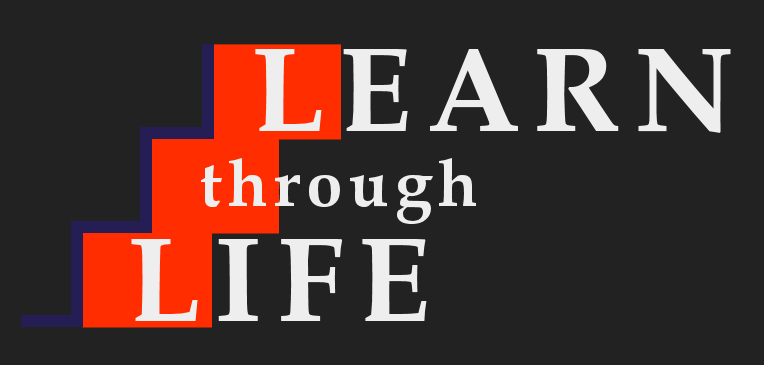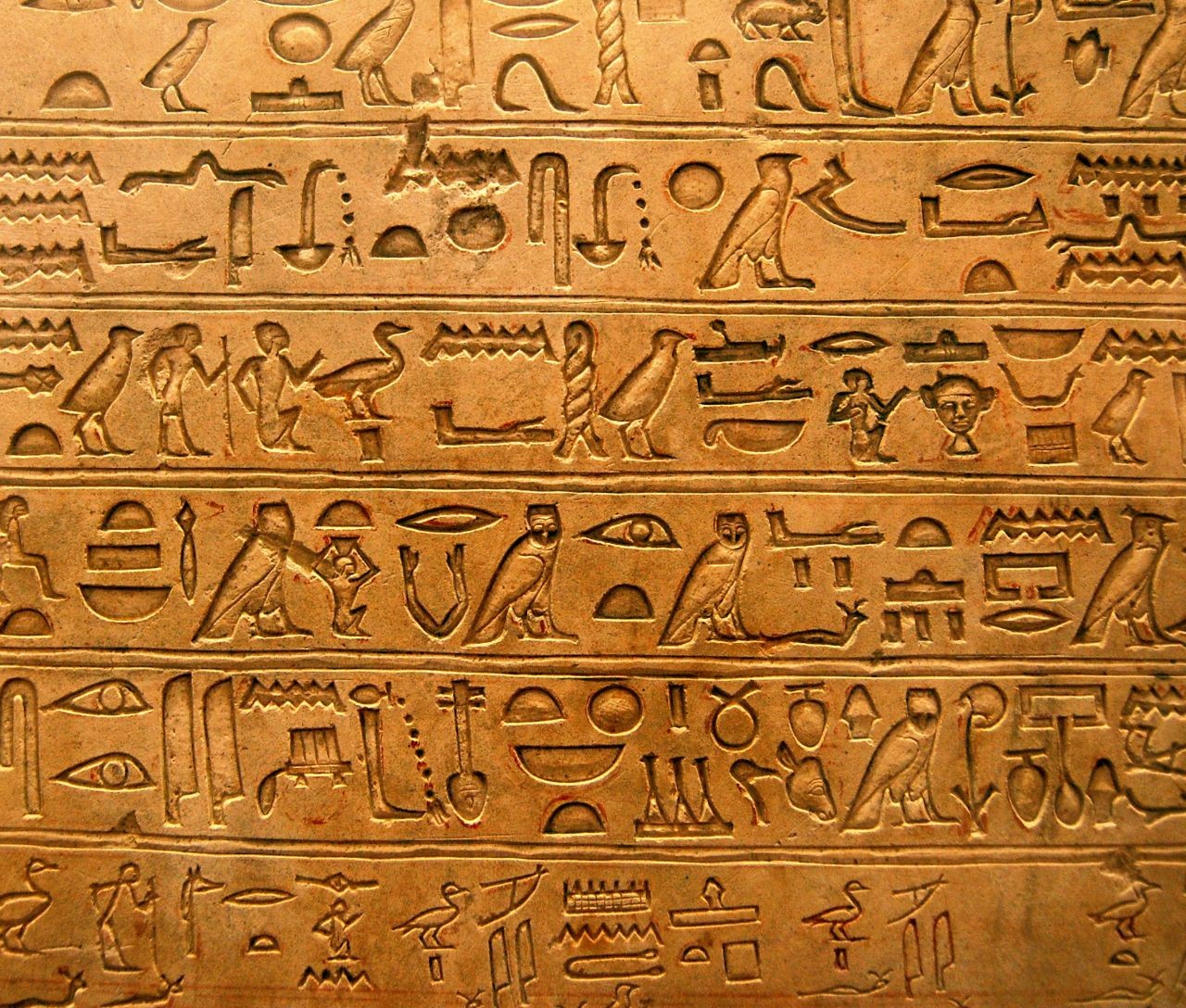Are our fundamental ways of communicating changing? I would argue that they are. I came to this conclusion from a couple of recent events in my life. These events have made me truly wonder and reflect on my past memories of communication methods to come to an understanding how it has all changed.
My first clue to a fundamental change in our human communication style was when my son entered the community college as student this last fall. I noticed that they really don’t assign textbook chapters to read anymore. This was very strange to me because my whole memory of higher education was lugging around large textbooks and plowing through dense chapters to learn the knowledge of the subject area. There were, of course, instructors giving lectures, but those lectures always seemed to just reiterate mostly what was in the textbooks.
These days my son is provided with links to articles and oftentimes videos on the Internet. These assignments are all conveyed to him through his Google Docs for Education app. I decided to look up if schools are indeed using textbooks less often and came across a number of articles indicating that this was true. One article by K12 Learning LiftOff quoted Bill Gates who said, “that reading textbooks is a limited way to learn something and that it is less effective than learning online.” Another article, written by Inspiration Education claimed that “Textbooks don’t work anymore and are out of touch with their audience”. However, I couldn’t help but think: How can you have an academic course without a textbook?
Another recent event which has changed my way of thinking about communication is within my work. I write technical manuals. When I started out in the field, as a technical writer in the 1990s, the size of the manuals and the number of words inside of them really mattered. We used to try to create larger manuals; they looked more complete, more comprehensive. We used to joke that we should be paid for by the word, but this is not the case anymore. I instinctually try to minimize what I write now. In most cases, if I can’t find a way to reduce text to a number of bullet points or break it down into a table format, I consider not adding it at all. I don’t think anyone will read it.
And, I can clearly recall the review meetings I have on the manuals I write. Now, that we can project a manual file on a video screen, and go through it page-by-page, I can see everyone’s reaction when I display a large block of text. Their eyes roll in their head. OMG, do I have to read all that? Once again, I decided to check on my hunches about the reduced manual sizes and googled it. According to an article posed by Sharky Games Forum, “Manuals are getting smaller, and their production effects are decreasing (less color, less information, etc.).” In another article by Tech Whirl Archives, “smaller manuals that are directed at different people make more sense, and this is often a personal preference.” It seems that people do want smaller pieces of information that is more targeted, much like what the Internet provides.
In the case of modern communication, less is more when conveying information. After all, you can google just about anything on the Internet in a matter of seconds, so why not just present a link to the content rather than writing it into a document. Videos are gaining much steam as well. According to a Forbes article, The State of Online Video, “online videos make up to 82% of all consumer internet traffic, and it’s generally acknowledged that YouTube is the second biggest search engine, next to its parent company Goggle”. So, this all does seem to indicate that our ways of communicating are changing. We want to use more visuals and less words in how we convey information. It’s almost like we’re returning to the era of hieroglyphics and pictograms, some of the earliest forms of communication. But, hey, it worked fine for them, why not us?
In regard to learning, the focus of this blog, I believe we can conclude that a large variety of learning methods, including videos, podcasts, virtual reality, and other media can make learning more appealing. As for textbooks, I’m a huge reader, and am sad to think they might be going away. For the most part, I actually enjoyed reading textbooks, and have long been a person to read many books in my lifetime. Individualizing learning can make the most appealing learning methods available to those who want them. For example, you can read novels and then take a small test of comprehension. If you pass the test, you can receive a badge or certificate for reading the book. (See Renaissance Learning.) If a reading app like this had been available to me when I was younger, I would now possess a large list of books that I have read and would have something to show for it. Reading books has greatly improved my reading and writing skills, and now I’m a professional writer. I would love if this benefit could be provided to others. With individualized learning, maybe someday it can. Check out my website to learn more: http://Learnthroughlife.com.

